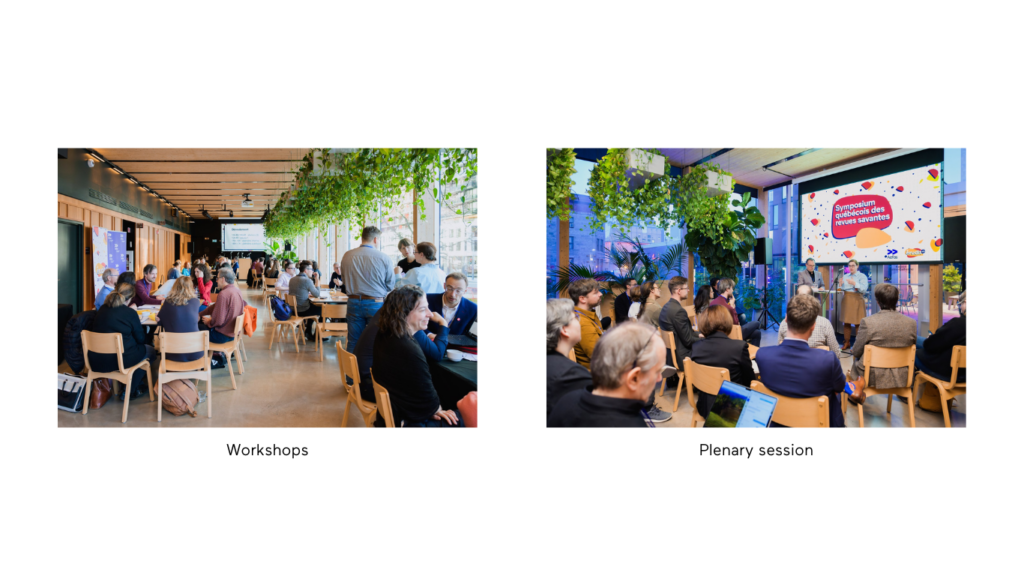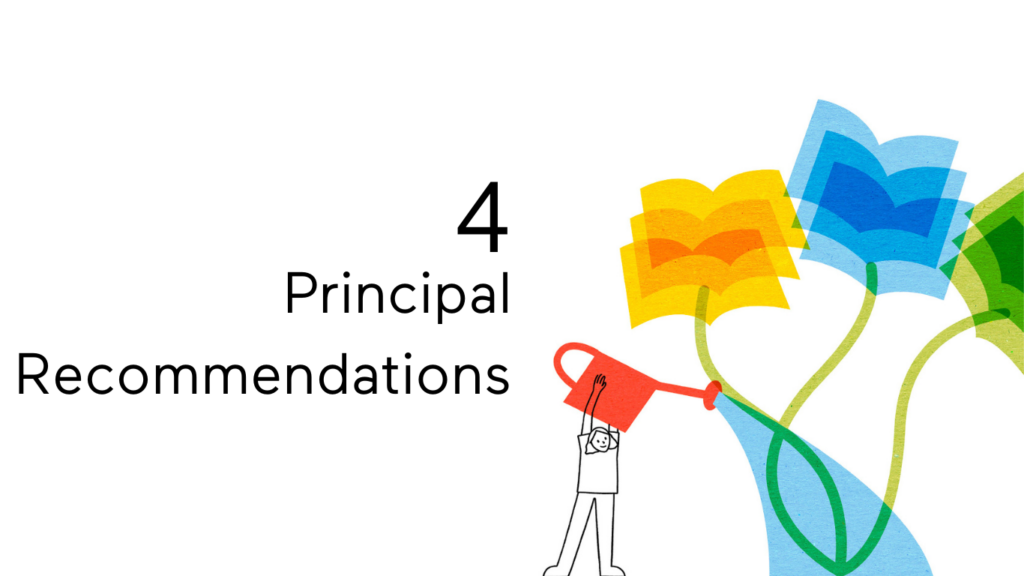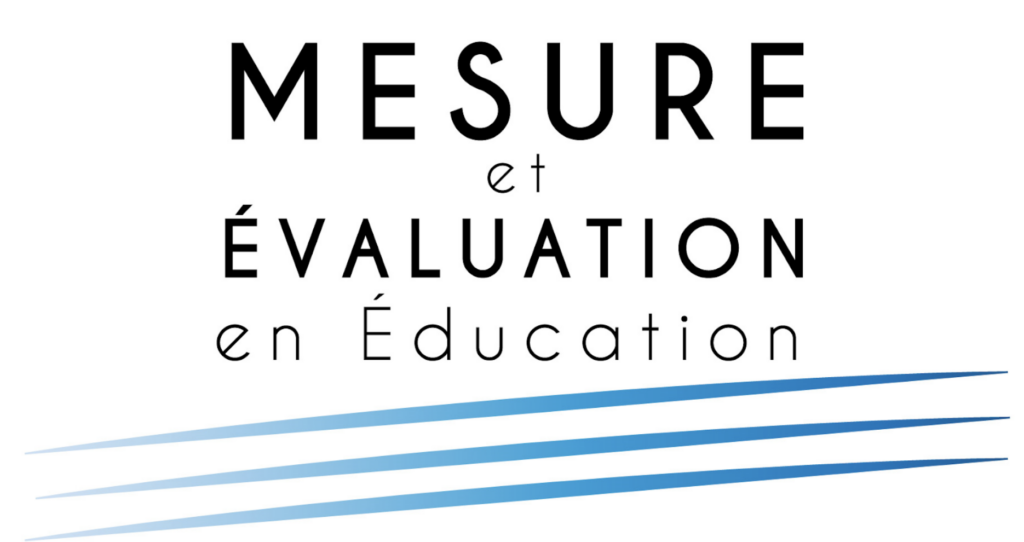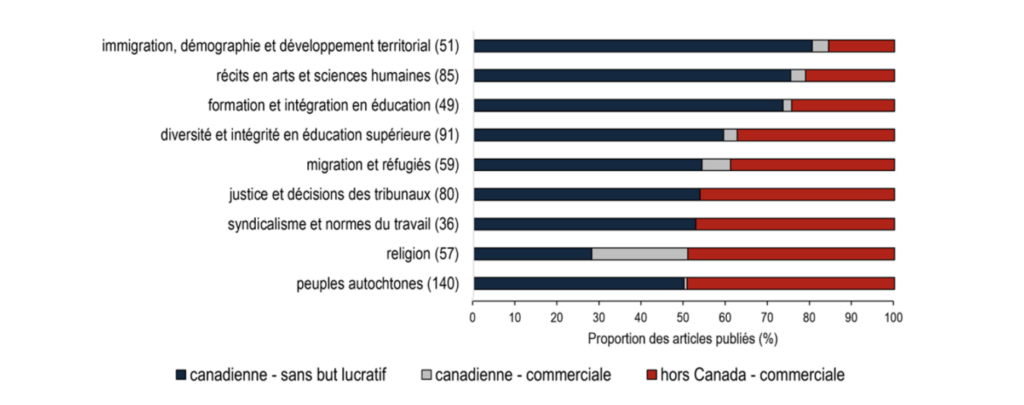
Organized as part of the 91st Congress of the Acfas, the “Vive les revues savantes!” (Long Live Scholarly Journals!) event set the stage for the unveiling of a series of recommendations aimed at better supporting scholarly journals.
With the development of digital technologies and the accelerated globalization of research, independent and non-profit scholarly journals, as the great majority of journals in Québec and Canada are, find themselves today at a turning point. To preserve the richness of research from Québec and Canada, it is imperative that strategies are implemented to support journals. It is with that objective in mind that the Symposium québécois des revues savantes was held in the fall of 2023, during which were presented the results of the Acfas Congress for 2024 as part of the special activity titled “Vive les revues savantes! Mieux reconnaître leur rôle essentiel dans le cycle de la recherche (Long Live Scholarly Journals! Greater Recognition for Their Vital Role in the Research Cycle).
After the unveiling of the recommendations by Anne-Marie Fortier, Professor at the Université Laval and editor of the Études littéraires journal, the panel “Accompagner et financer : pour la vitalité des revues savantes” (Support and Fund: For the Vitality of Scholarly Journals) offered three perspectives on the issues facing the world of scholarly publication. We present herein a short summary of the presentations made during this event.
Retrospective on the Symposium

For Anne-Marie Fortier, who directed the Symposium’s steering committee, the exchanges that took place and the process of writing the report made it clear that journals, no matter their publishing language or their field of research, often face similar challenges. Three major themes emerged from the Symposium:
- Recognition of the vital role played by journals in the research ecosystem.
- Journals are both the endpoint of research, but also the gateway to formulating innovative ideas.
- The importance of scholarly publishing for research accessibility and outreach for layman and specialist audiences.
Overview of the Recommendations

The report titled “Recognize, Promote, Reinforce: Recommendations from the Symposium québécois des revues savantes” includes 4 major recommendations, addressed to different stakeholders in the world of scholarly publishing:
- Maintain the funding level of support programs for journals by correcting for inflation and by extending their eligibility period to five years.
- Implement teaching relief for journal editors across the board.
- Create a horizontal, collaborative common structure of Québec’s scholarly journals that reflects their diversity.
- Provide coherent expertise to editorial teams, notably on technical and legal issues.
The report is available in English and French.
Support and Fund: For the Vitality of Scholarly Journals
The unveiling of the report was followed by a panel bringing together three perspectives on the issues and challenges which the current publishing ecosystem faces. The discussion was moderated by Francis Gingras, Professor at the Université de Montréal and Executive Director of the Réseau québécois de recherche et de mutualisation pour les revues scientifiques. Here is an overview of their interventions:
A Flip to Open Access
By Carla Barroso da Costa, Professor at the Education and Pedagogy Department at the Université du Québec à Montréal and Editor for the journal Mesure et évaluation en éducation

Mesure et évaluation en éducation transitioned to open access in 2023. Created in 1978 by the Association pour le développement des méthodologies d’évaluation en éducation (ADMEE-Canada), it is the only French-language journal in its field. It focuses on the current leading-edge ideas in the education sciences and represents a must-have resource for teaching researchers and professionals across the world.
The intervention by Carla Barroso da Costa gave an overview of the journal’s transition to open access. For journal editors, this process often represents a period of uncertainty and, as the speaker highlighted, there are no manuals for running a journal. She also mentioned the various forms of support and the available services designed to help journals undergo the transition, highlighting that journals’ ability to innovate and to keep up with their fields depend to a large extent on the funding they receive.
Mesure et évaluation en éducation is available on the erudit.org platform.
The Economic Context of Publishing in Open Access: An Overview of Expenses for Commercial Models
By Leigh-Ann Butler, Scholarly Communications Librarian at the University of Ottawa
Since the beginning of the 2010s, large commercial publishers have imposed fees on authors for the open access publication of their scholarly articles. These costs are called Article Processing Charges (APC). While granting agencies and public institutions have been promoting open access to an ever-greater degree, even requiring it, large commercial publishers have in turn substantially increased APCs, generating significant profit margins.
Leigh-Ann Butler highlighted that in reality, the actual costs of publishing a scholarly article often do not align with the fees required by commercial publishers. While the Fair Open Access Alliance estimates that the cost of publishing in open access amounts to a few hundred dollars, the actual average for APCs is much higher, as they are often established based on what the authors can pay. Although libraries and researchers around the world still devote too many financial resources to APCs, the presenter concluded on an optimistic note, pointing out that in Canada, the majority of publishers are not-for-profit, and that journals often benefit from the support of university libraries.
View “Funding the Business of Open Access”, the masters’ dissertation written by Leigh-Ann Butler and focused on this issue.
The Importance of National Scholarly Journals
By Simon van Bellen, Senior Research Advisor at Érudit
National not-for-profit scholarly journals play an essential role in disseminating and promoting research focused on Canada. If we only consider publications by Canadian researchers, these national journals publish two to three times more content relating to local, regional or national themes than commercial journals. Moreover, they offer a privileged space for French-language publications, often under-represented at the international level. Unlike international journals, which tend to avoid subject matters that are limited in terms of geography or time period, national journals give those topics much more attention.

Proportions of articles published by Canadian researchers in the three types of journals, by theme, compiled using the Dimensions database.
Locally, regionally or nationally anchored journals in Canada create a privileged space for French-language publications. When it comes to open access, national not-for-profit journals make it easier for authors to comply with Canada’s open access mandates. In these journals, around 80% of articles published conform to those mandates, compared with only 20-30% of articles in commercial journals. However, the discoverability of national journals still poses challenges: a lower level of indexing for these journals means that they are less easy to find for any potentially interested reader.
View the article titled “Les revues canadiennes en sciences sociales et humaines : entre diffusion nationale et internationalisation” co-written by Simon van Bellen and Vincent Larivière.